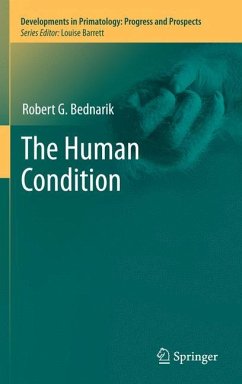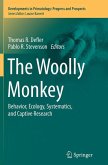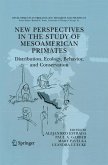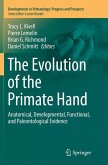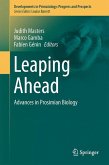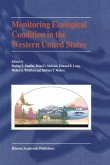This book summarizes the work of several decades, culminating in a revolutionary model of recent human evolution. It challenges current consensus views fundamentally, presenting in its support a mass of evidence, much of which has never been assembled before. This evidence derives primarily from archaeology, paleoanthropology, genetics, clinical psychology, neurosciences, linguistics and cognitive sciences. No even remotely similar thesis of recent human origins has ever been published, but some of the key elements of this book have been published by the author in major refereed journals in the last two years. Its implications are far-reaching and profoundly affect the way we perceive ourselves as a species. This book about what it means to be human is heavily referenced, with a bibliography of many hundreds of scientific entries.
From the reviews:
"Bednarik (International Federation of Rock Art Organizations), an Australia-based scholar, has spent his enormously productive career challenging perceived wisdom. ... The author assembles the evidence and arguments for an alternative theory of human origins. The theory includes a multiregional origin of humans from robust hominids and so challenges the 'out of Africa' model of a single origin from gracile hominids. ... Summing Up: Recommended. Upper-division undergraduates through professionals." (B. K. Hall, Choice, Vol. 49 (6), February, 2012)
"Bednarik (International Federation of Rock Art Organizations), an Australia-based scholar, has spent his enormously productive career challenging perceived wisdom. ... The author assembles the evidence and arguments for an alternative theory of human origins. The theory includes a multiregional origin of humans from robust hominids and so challenges the 'out of Africa' model of a single origin from gracile hominids. ... Summing Up: Recommended. Upper-division undergraduates through professionals." (B. K. Hall, Choice, Vol. 49 (6), February, 2012)

